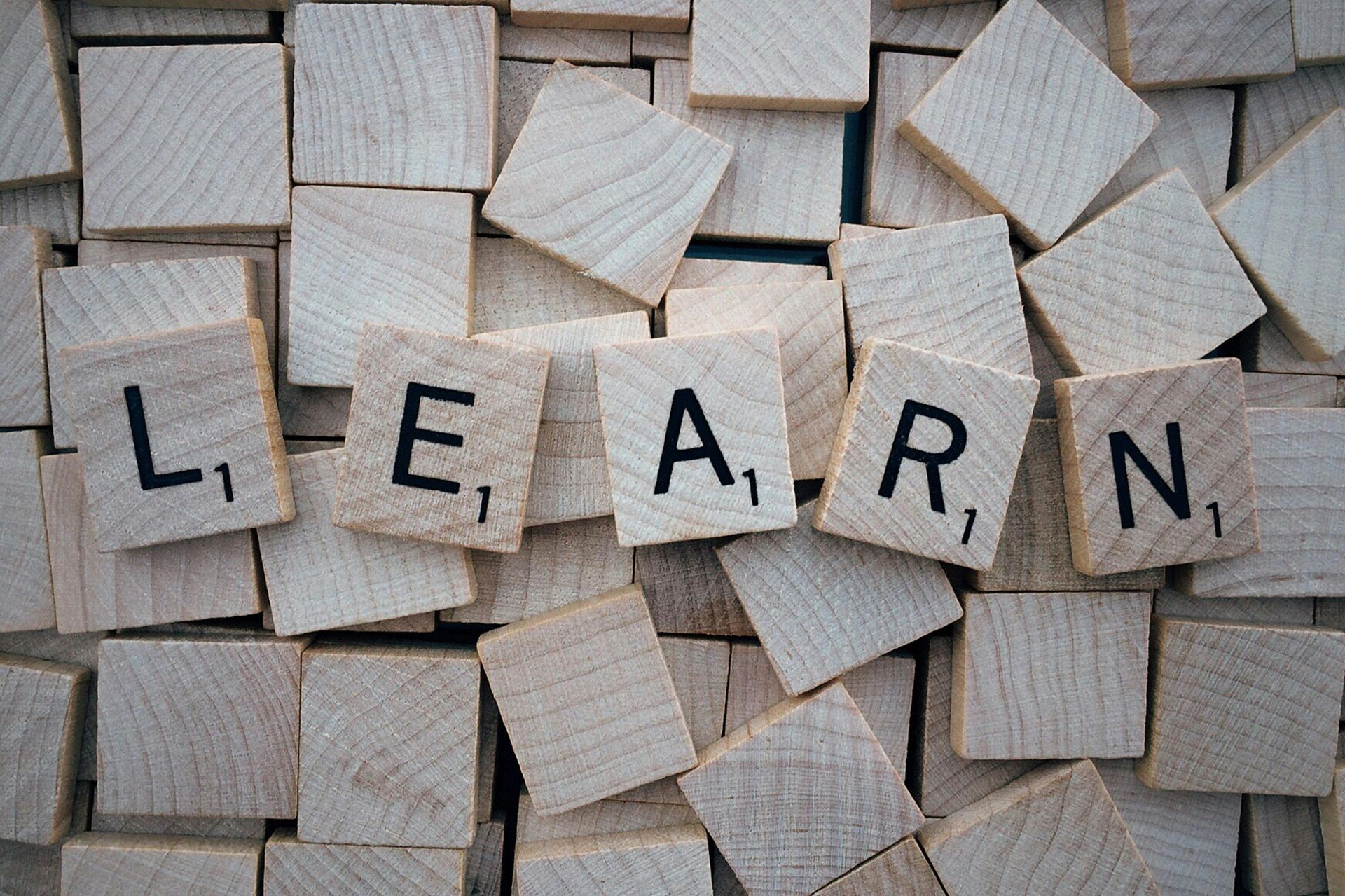Why now is a good time to become an End Point Assessor
Simon Linard • October 2, 2019
Have you ever thought of becoming an End Point Assessor?
Now is a great time to become an Assessor, particularly an End Point Assessor for Apprenticeships.
Apprenticeships and the assessment of Apprenticeships has had a huge overhaul and is currently in transition to a new era.
The role of an End Point Assessor?
The role of the End Point Assessor
is to carry out assessments once an Apprentice has completed their training programme; to confirm their industry knowledge and competence. Sometimes known as Independent End Point Assessor; an End Point Assessor kicks into action when the Apprentice is ready for their final assessments, this is agreed with their Employer and Training Provider, then they move into the end point assessment process. As an End Point Assessor you would be totally independent from the Apprentice and would be sent to their workplace to assess them, through an observation, a professional discussion or other methods defined by the Apprenticeship Standard they are working on. Some End Point Assessment activities are conducted remotely so you could be assessing from the comfort of your own home or office.
Who does an End Point Assessor work for?
The work you carry out as an End Point Assessor is on behalf of an End Point Assessment Organisation
(EPAO)
who are approved to provide, plan and conduct End Point Assessments. The EPAO is responsible for recruiting, training and supporting End Point Assessors so they can go out and carry out assessments.
What type of work is available?
Full time roles are being advertised, along with part-time / associate roles, so if you're just testing the water or wanting to add a little extra income each month an associate role could be ideal for you.
Do I need a qualification?
Yes you do, though this does depend on the End Point Assessment Organisation (EPAO)
recruitment requirements. Most are looking for current industry experience (based on what you want to / can assess) and either an Assessor qualification (such as the Level 3 Certificate in Assessing Vocational Achievement - CAVA) or a suitable alternative. If you do not hold an assessing qualification we have a very suitable alternative - Level 3 Award in Undertaking End Point Assessment. This qualification will give you all the knowledge and understanding you need to take on an End Point Assessor role and be ready to work with an End Point Assessment Organisation (EPAO). We are one of the few Training Providers in the country to be approved to offer this qualification.
Can I work as an End Point Assessor alongside my current job?
If you are still working in an industry, you're an ideal person to become an End Point Assessor; as you'll have up to date knowledge about the sector your work in and know your job inside out, so could assess someone doing a similar job, right? Simple. When I talk about industry I mean any industry, as there is literally an Apprenticeship Standard for every job role you can think of, if not, one is probably in development.

The Importance of Assessor Qualifications in Workplace Training In today's fast-evolving business landscape, employers need effective workplace training as it is essential for maintaining a competitive edge. A critical component of this training process is the use of workplace assessment. Workplace Assessors are technical experts and industry professionals responsible for evaluating employees' competencies and ensuring training programmes meet industry standards. To maintain credibility and effectiveness, it is imperative that workplace Assessors possess a recognised assessing qualification .

Using Professional Discussion as an Assessment Method: A Guide for Assessors Professional discussion is an effective and versatile assessment method that allows learners to demonstrate their knowledge, skills, and links to competencies in a structured, yet flexible, manner. This method is widely used across various industries, particularly in vocational and competency-based education, where learners need to showcase practical expertise beyond written work and evidence.













